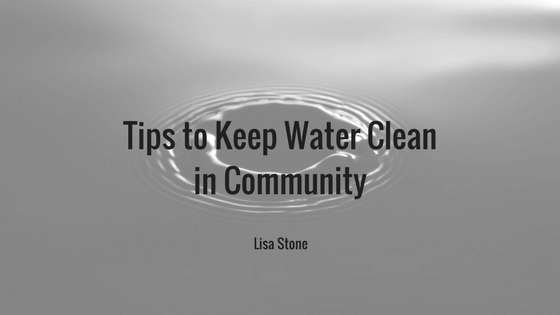Water is arguably the most essential basic human need. Widely-accepted scientific observations recognize that the average human can typically last just three to four days in the absence of water.
Rural, suburban, and urban residential areas are all suited on networks of underground pipes and tubing that protects electrical wiring, houses cables that transmit Internet connections, and even contains commodities like natural gas and water.
Water is by far the most important utility: running water is used to route human excrement and urine, clean water is used to take showers and baths, and fills up cookware and cups for cooking and drinking.
Virtually all local governments, at least those in the United States of America, treat unpotable water through various processes. Water that otherwise cannot be consumed safely is boiled, distilled, filtered, and subject to the inclusion of additives like fluoride and chlorine.
Government-operated water filtration systems just might be the eighth wonder of the modern world
Residents of countries including Pakistan, Ghana, Nepal, Ethiopia, and Uganda aren’t privy to common sources of treated water that are considered safe to consume. Residents of other third-world, undeveloped countries around the planet also aren’t widely privileged to water sources in homes, businesses, and government bureaus. Unfortunately, these troubled people are faced with far more than dirty, muddy, foul-tasting water; consuming untreated water can result in diarrhea, loose stools, vomiting, intense nausea, and even death.
Fortunately, community members can take precautions in the name of keeping local water supplies clean
Although most people know not to flush tampons, feminine hygiene pads, baby wipes, and paper towels down toilet drains, others are none the wiser. The repeated disposal of these products through the toilet cause plumbing problems, as they often fail to disintegrate and decompose like toilet paper or human droppings. Even powerful, industrial-use toilets are not able to handle these products appropriately. Never flush them; always throw them away.
Virtually the only substantial piles of droppings found on the ground will belong to dogs. Even though just one species deposits fair amounts of feces on the open earth, all pet owners and even people without pets should strive to pick up all canine feces. Rainwater causes bacteria that can cause digestive issues to run into shared water supplies.
